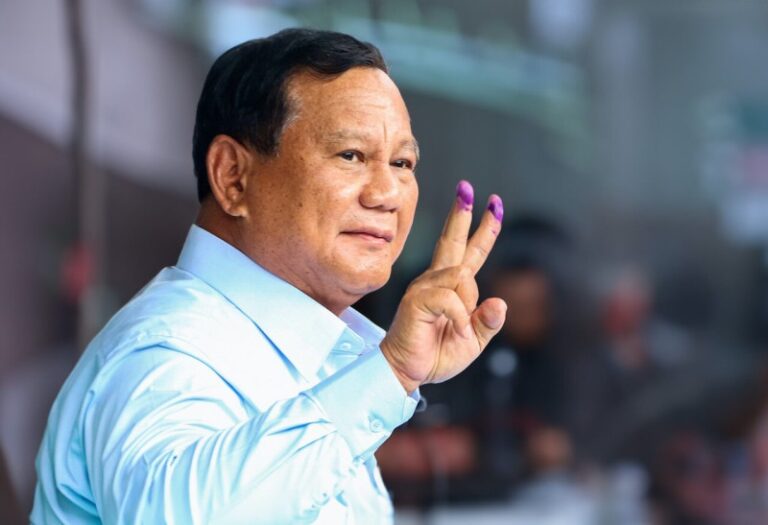The natural strategic reef that Indonesia is facing is similarly displayed through the disputes in the oceans involving the South China Sea, Natuna Island, economic ventures with China, and military strengthening partnership with the U.S. Although Prabowo Subianto will officially hold the seat of the presidency in November 2024, numerous media outlets and critics highlight his realist and constructivist approach, equipped with a strategy to gain a position in international politics, as a higher priority compared to that of his predecessor, who focused heavily on achieving domestic goals rather than international recognition. In the last two months alone, his visits to Malaysia, Singapore and the meeting with the US Secretary of State in Jordan have given the impression of his commitment to active participation in international affairs.
His realism and constructivist approach in considering international engagement comes from his military background as Defence Minister during Joko Widodo’s second term (2019-2024), his entire career in the army and war experience since the Soeharto era, his entry into national politics four times as a presidential candidate, and his role as spokesman of certain opposition circles in the country speak volumes about what Indonesia would serve to international states and communities. The dispute over China’s nine-dash line claim played a role in the victory of Prabowo, who was known as an efficient and responsive actor during China’s possible encroachment on Indonesia’s Natuna Islands. Prabowo, who was then Defence Minister, initiated an important military construction in Riau Province that provides an eagle view of the military engagement that could result from the South China Sea dispute.
However, as much as Prabowo may be a realist and constructivist, good economic relations with China and the U.S. in recent decades would prevent any lone ranger from strategizing a move. Like India, Indonesia would probably seek to balance and hedge its foreign policy in the Indo-Pacific, forcing the Prabowo administration to first strengthen and leverage cooperation with ASEAN (the Association of Southeast Asian Nations) and the United Nations before aligning with any of the Indo-Pacific power blocs.

